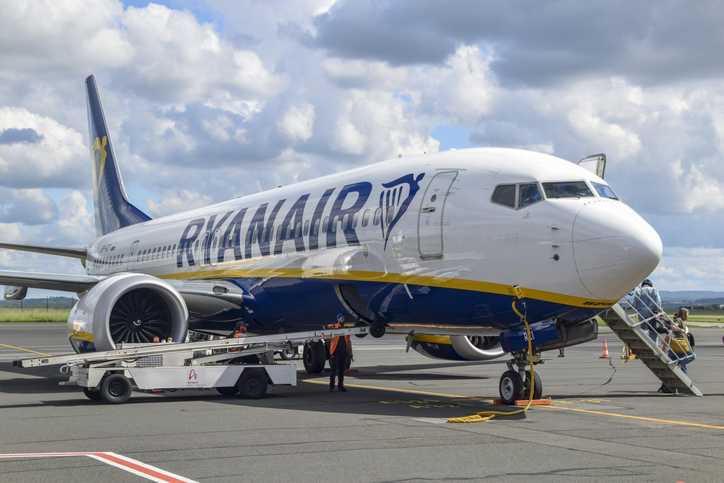Michael O’Leary, CEO of Ryanair, has blasted the UK government’s proposed increase in air passenger duty, warning that higher travel taxes could force the airline to shift aircraft away from Britain putting jobs and investment at risk.
O’Leary Sounds the Alarm: Aviation Under Threat
Ryanair’s Michael O’Leary didn’t mince words when addressing the UK’s proposed aviation tax rises. In an interview ahead of the upcoming budget, he described the situation as “anti‑growth” and suggested that Britain’s skies could lose out to competitors. “You are not going to grow the UK economy by taxing air travel,” he remarked.
According to estimates, Ryanair and other low‑cost carriers could divert hundreds of millions of pounds in investment away from the UK if taxes like air passenger duty (APD) keep rising.
The Cost of Flying: APD Climb and Airline Response
The UK government is poised to increase APD, a tax levied on each seat sold departing a UK airport. Analysts estimate a typical short‑haul economy ticket could face an additional £2–£5 by April 2026 under current proposals.
O’Leary warned the impact could be dramatic:
“When our average fare is only €50, a €20 tax bump is enormous.”
If the UK becomes cost‑prohibitive, Ryanair’s fleet of 300 incoming aircraft may be deployed elsewhere countries such as Sweden and Italy that have lowered or eliminated similar taxes.

Ryanair CEO
What This Means for UK Business and Travel
For consumers, the fallout may show up as higher fares, fewer routes and reduced competition. Business travellers and holiday‑makers could face higher costs or limited choices.
For the economy, the stakes are even higher: Ryanair estimates each aircraft supports approximately £27 million in economic activity and 400 jobs annually. A relocation of just 50 aircraft would mean billions in lost investment.
Economist Dr Caroline Barnes noted:
“Aviation is one of the most mobile industries — fleets go where taxes and costs are lowest. UK tax hikes risk putting the country on the sidelines.”
Ryanair’s Strategic Pivot: Growth Outside the UK
Ryanair already has plans to shift growth outside Britain. The airline flagged possible cuts of up to 10% of UK flights if tax hikes proceed.
Instead, expansion may focus on gateways in Europe where governments reduce taxes and airport costs. O’Leary said a decision to channel 300 new Airbus/Boeing aircraft outside the UK was not off the table if conditions don’t improve.
The Broader Industry Angle: Tax vs. Growth Tension
This row highlights a broader tension between aviation growth and environmental/regulatory policy. The UK seeks to expand airport capacity and decarbonise travel yet at the same time, higher taxes appear to be pushing carriers out.
Industry lobby group Airlines for Europe (A4E) warned this week that:
“Rising taxation and high airport charges are jeopardising the economic benefits aviation brings to the UK.”
What To Watch Next
-
Budget agenda: The UK’s Autumn Budget (scheduled 26 November) is expected to announce APD changes — this will be a market‑trigger for airlines.
-
Route announcements: Any sudden cancellations or fleet reallocations by Ryanair will signal the tax issue is already impacting decisions.
-
Fare movements: A rise in UK short‑haul fares relative to European peers could indicate cost pressures passing to customers.
FAQ — Key Questions Answered
Q: What is Ryanair’s main warning?
They say higher APD will force fleet deployment overseas and reduce UK capacity.
Q: How high is the tax increase expected to rise?
Estimates suggest a short‑haul economy tax increase of £2‑£5 per ticket starting April 2026.
Q: How many aircraft could be affected?
Ryanair mentioned up to 10% of UK flights could be cut, representing dozens of aircraft.














